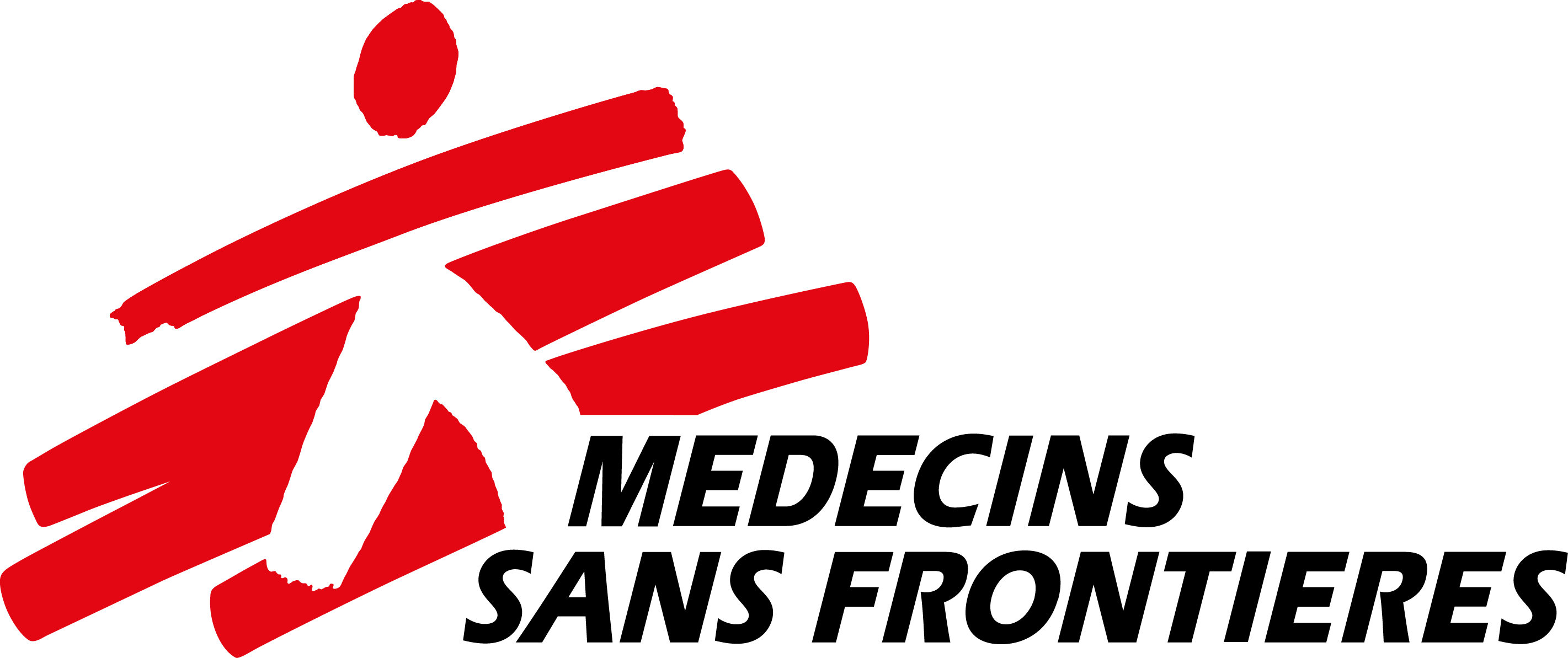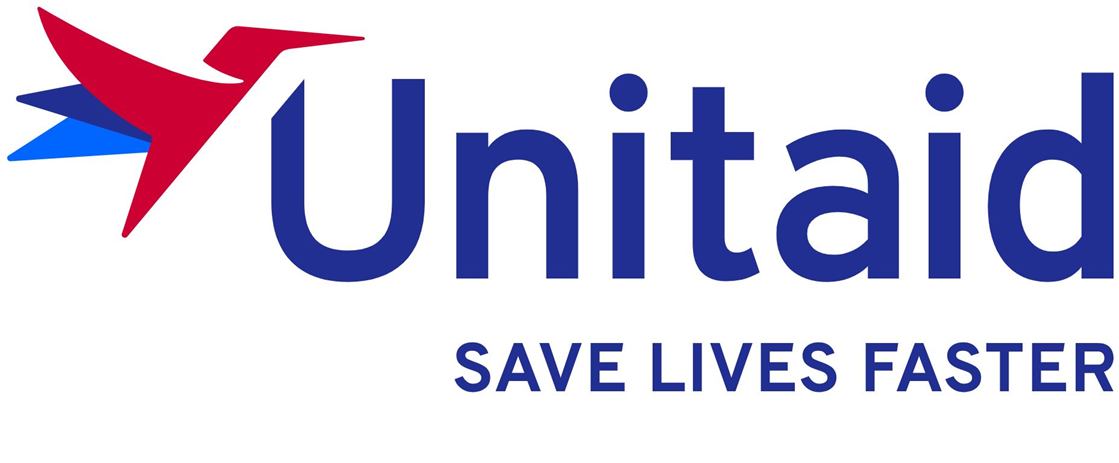When a patient delivered her baby in the middle of her tuberculosis (TB) treatment, Gulnara Zhumakairova knew she would need to rally additional resources for the new mother, who was single and the sole caretaker of her newborn. A social worker and outpatient treatment coordinator on the Partners In Health Kazakhstan team in Almaty, Zhumakairova began scouring the internet for a charity that could support the family.
She stumbled on a nonprofit called Baby, I’m with you, dedicated to helping new mothers, and reached out for help. She made a case for the woman and her unique circumstance undergoing TB treatment. The response was exactly what the mother needed: the charity provided diapers, baby formula, and clothing and has been steadily supplying these items for eight months.
“The approach to each patient is very individual—each one has their life situation and their challenges,” says Zhumakairova. “I typically ask them, ’How can I help you?”
The question usually prompts the patient to open up about their family’s needs and socioeconomic situation, she says. Building this relationship of trust is key to knowing how to help the patient most effectively.
Whether it’s helping with groceries, clothing, baby supplies, housing, finding employment, or simply having an encouraging conversation, Zhumakairova and her two colleagues on the PIH Kazakhstan team pave the way for their patients to fully focus on their treatment regimens by alleviating the challenges that stand in the way of recovery. They are not alone in this effort. They draw on a network of local nonprofit organizations, which have become long-standing partners, and together they help patients navigate the practical and emotional challenges of TB treatment, while maintaining a hopeful perspective throughout the monthslong process.
endTB in Kazakhstan
PIH has been working in Kazakhstan since 2010, primarily focusing on treating TB and multidrug-resistant TB (MDR-TB), a deadlier and more complicated form of the disease. As with PIH’s work around the world, medical care is paired with social, emotional, and economic support so that patients have everything they need—food, transportation, housing, counseling, and financial assistance–while they undergo treatment, ensuring a smoother path to recovery.
Kazakhstan is among 17 countries taking part in some aspect of endTB, or Expand New Drug Markets for TB, an international partnership launched in 2015 among PIH, Médecins Sans Frontières (MSF), Interactive Research and Development (IRD), and financial partner Unitaid to find safer and shorter treatment regimens for MDR-TB, using the first new TB drugs developed in more than 40 years–bedaquiline and delamanid. Since 2017, endTB partners have enrolled 754 patients from seven countries in clinical trials, including 184 from Kazakhstan.
The treatment regimen for patients in the five experimental groups lasts nine months, and 18 to 24 months for the standard group of patients–which remains the World Health Organization’s recommendation. The full trial period for each patient is 104 weeks. While patients are in various stages of treatment, social workers are intimately involved in every phase, says Anel Belgozhanova, supervisor of the endTB clinical trial in Kazakhstan. “Regardless of what treatment or follow-up period—even if the patients had already finished taking the medication—we support them through the end of the clinical trial.”
Partnership in Communities
For PIH Kazakhstan social workers, each day begins with a meeting, where they analyze the needs and priorities of each patient. In Almaty, Zhumakairova works with 46 endTB patients, including everyone in follow-up care and treatment. In Nur-Sultan, Kazakhstan’s capital, to which PIH extended the endTB clinical trial in 2020, PIH Social Worker Gulmira Tanatarova works with 16. After determining priorities, the team turns to their roster of nonprofit partners to match the patient’s needs with the aid partners provide.
Gulmira Tanatarova, another social worker at PIH, built relationships with nonprofit partners in Nur-Sultan, reaching out through social media and advocating for help on behalf of TB patients to meet their daily needs.
One organization, the Club of Kind Souls, has provided grocery donations to patients three to four times a month. “It’s a solid support for families,” Tanatarova says, adding that it includes meat, flour, oil, tea, sweets, grains, pasta, and vitamins. Red Crescent Kazakhstan has also supplied grocery baskets, as well as cleaning supplies, diapers, and school supplies. Proper nutrition is especially key in TB treatment, as medication is easier to tolerate on a full stomach. Patients also often suffer from malnutrition and begin treatment underweight, so they require additional calories to recover.
One of Tanatarova’s patients, who was forced to live on the street when his family turned away from him after the stigma of a TB diagnosis, has received quarterly clothing donations through Nur Alemi Kazakhstan, a charitable foundation that provides mothers of multiple children with food and clothing.
Other partners offer non-tangible services that are equally important for boosting patients’ morale. Sanat Alemi Kazakhstan, a nonprofit organization in Nur-Sultan, has hosted open conversation sessions with doctors and psychologists, creating a safe space for patients to ask questions and support each other. The organization and its sponsors have also helped patients integrate into regular life by funding their outings to movie theaters, plays, and ballet and opera performances. For one patient, a support group at Sanat Alemi turned into a job after she completed treatment.
Baby, I’m with you; From Heart to Heart; and Umay are among other local nonprofit partners that have provided MDR-TB patients with support.
But occasionally, the requests for help result in months-long delays. “These organizations often have their own pipeline of those they’re already helping, and we have to convince them why this help is important,” says Zhumakairova.
The story of one patient in particular fills Zhumakairova with joy. When this patient joined the trial, he was homeless and struggled with alcohol addiction. Zhumakairova and her team leveraged the network of their nonprofit partners to help him finish treatment, sort through the process of getting his residency papers, and eventually find employment.
“We really supported him from the beginning of the treatment to getting him back on his feet,” Zhumakairova says. Ultimately, “he found hope that there are kind people out there who are willing to help.”
Originally published on Partners In Health's website.




